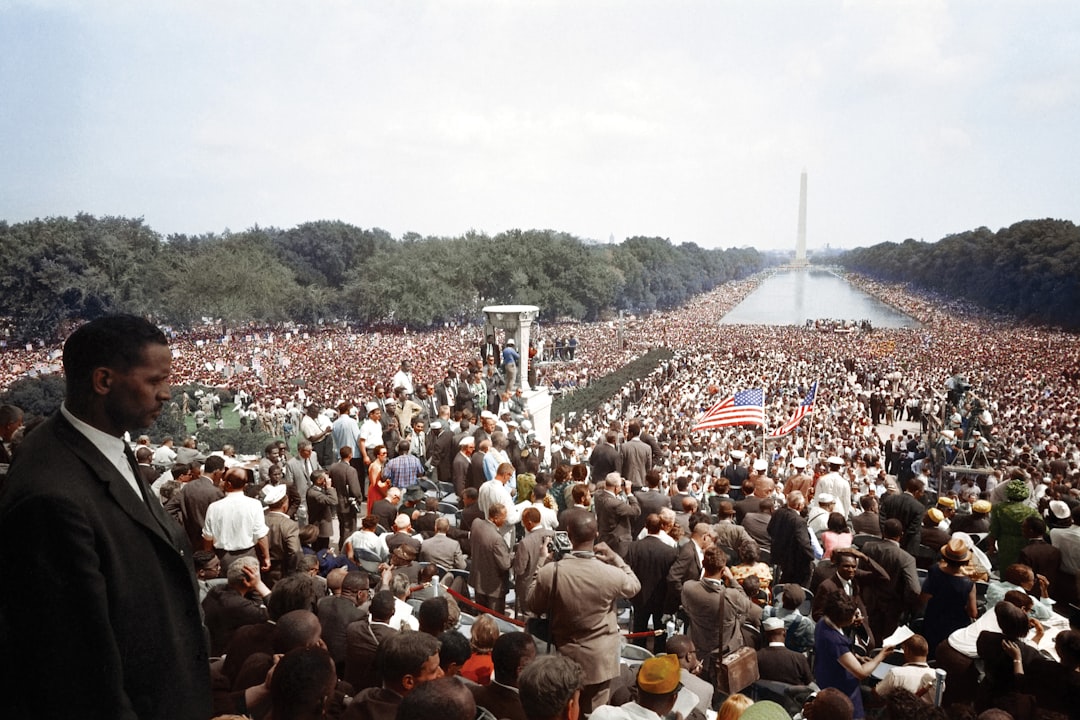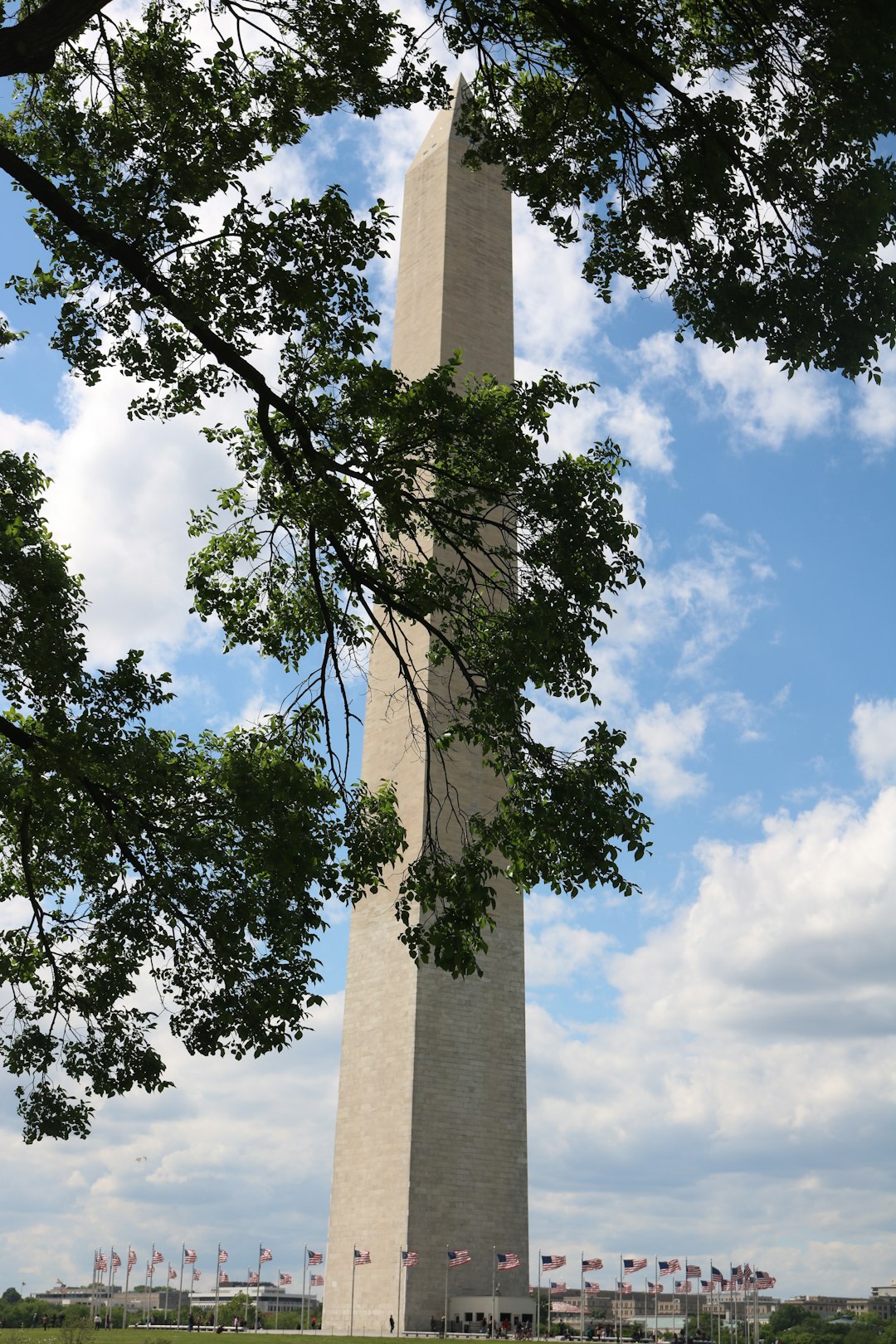Washington D.C.'s status as a political hub makes it a target for robocalls and spam calls, impacting residents and businesses economically. Strict laws like the Telephone Consumer Protection Act (TCPA) aim to curb this issue, with specialized Robocall Lawyer DC and Spam Call Lawyers DC providing legal protection. Local consumers can safeguard themselves from financial loss and ensure business compliance through these experts. Robocalls disrupt local businesses, leading to increased operational costs and decreased productivity. To combat this, the city should enforce existing regulations, educate residents, collaborate between stakeholders, and engage legal professionals specializing in Robocall DC and Spam Call law firms DC.
In today’s digital era, “robocalls” have become a ubiquitous yet disruptive force in Washington D.C.’s economic landscape. From telemarketing to spam calls, these automated phone messages significantly impact local businesses and consumers alike. This article explores the economic ripple effects of robocalls on DC’s economy. We delve into various types of robocalls prevalent in the city, navigate the legal framework surrounding them, analyze their disruption on local businesses, and discuss strategies for mitigation, including insights from leading Robocall Lawyer DC and Spam Call lawyers DC. Understanding these factors is crucial for fostering a sustainable and thriving D.C. economy.
Understanding Robocalls: Types and Their Prevalence in DC

In the digital age, “robocalls” have become a ubiquitous and often unwanted aspect of daily life in Washington D.C., as they do across the nation. These automated telephone calls, driven by sophisticated technology, can range from marketing messages to fraudulent schemes. A Robocall Lawyer DC or Spam Call Attorney DC is increasingly sought after to help navigate these complex issues. Whether originating from local businesses trying to reach potential customers or from global spammers attempting identity theft, robocalls have significant economic implications for the city’s residents and businesses.
Prevalence in DC is high, given its status as a political hub and dense urban center. From cold sales calls to phishing attempts posing as government agencies, these automated messages inundate phone lines. While some robocalls offer legitimate services or information, many are considered unwanted and fall under the category of spam calls. This has led to the establishment of strict regulations, such as the Telephone Consumer Protection Act (TCPA), enforced by a Spam Call law firm DC, to curb excessive and harassing robocall activity and protect consumers from financial loss and privacy invasion.
The Legal Landscape: Spam Call and Telemarketing Regulations in DC

In Washington D.C., the legal landscape surrounding robocalls and telemarketing practices is regulated by stringent laws designed to protect consumers from unwanted and deceptive calls. The District’s Consumer Protection Act encompasses provisions specifically targeting spam calls, with penalties for violators. Additionally, the Telephone Consumer Protection Act (TCPA) at the federal level further reinforces these protections, making it illegal for automated or prerecorded messages to be sent without prior express consent. DC residents who find themselves overwhelmed by persistent robocalls have legal recourse; engaging a Robocall Lawyer DC or Spam Call Attorney DC can help navigate these regulations and pursue appropriate remedies.
Several spam call law firms DC specialize in representing individuals affected by harassing robocalls, offering expertise in navigating the complex web of telecommunications laws. These firms assist clients in understanding their rights, filing complaints with relevant authorities, and even pursuing legal action against perpetrators if necessary. With the rise of automated calls, having a knowledgeable robocall lawyer DC or spam call lawyers DC can ensure that consumers’ rights are upheld and that businesses adhere to the established rules, fostering a more balanced and less disruptive economic environment in the District.
Economic Disruption: How Robocalls Affect Local Businesses

Robocalls have become a significant disruptor in the daily operations of local businesses across Washington D.C. and beyond. While many consumers find them annoying, these automated phone calls can have tangible economic consequences for small and medium-sized enterprises (SMEs). Regular and unsolicited robocalls can lead to decreased customer satisfaction, increased operational costs, and reduced productivity.
Businesses often have to allocate valuable time and resources to handle these spam calls, whether it’s training staff to manage them or investing in call blocking technologies. A robocall lawyer DC or spam call lawyer DC can help SMEs navigate the complex legal landscape surrounding these issues. The spam call law firms DC that specialize in this area offer expertise in understanding and enforcing existing laws, such as the Telephone Consumer Protection Act (TCPA), which regulates robocalls and provides recourse for affected businesses. By holding call centers and companies accountable, these legal professionals contribute to mitigating the economic disruption caused by unwanted robocalls.
Consumer Behavior and Robocalls: A Shift in Market Dynamics

In today’s digital era, robocalls have become a ubiquitous part of daily life, significantly impacting consumer behavior and market dynamics. What was once a mere nuisance has evolved into a complex issue with far-reaching economic consequences, particularly in densely populated areas like DC. Consumers are increasingly exasperated by unwanted spam calls, leading to shifts in their interactions with businesses. Many are now more discerning about picking up calls from unknown numbers, opting instead to wait for verified contacts or actively blocking robocallers using tools provided by their service providers or dedicated apps. This change in consumer behavior can directly affect businesses’ marketing strategies and sales outcomes, as legitimate calls may go unanswered due to the prevalence of automated, unsolicited messaging.
Robocall Lawyer DC, Spam Call law firms DC, and their counterparts offer legal solutions to combat this growing problem. With strict spam call laws in place, such as those enforced by the Federal Communications Commission (FCC), individuals can now take action against relentless robocallers. Many consumers are turning to Robocall Attorney DC or Spam call lawyers DC for guidance and representation when dealing with harassing calls. This not only empowers consumers but also creates a new legal landscape where businesses must adhere to stringent regulations, potentially altering their marketing practices to avoid legal repercussions. As the market adjusts, this shift in consumer behavior and the presence of robust legal avenues can significantly shape the economic environment in DC and beyond.
Strategies for Mitigation: Protecting DC's Economy from Robocall Invasions

To combat the economic disruption caused by robocalls, DC can implement several effective strategies. First, enforcing and strengthening existing regulations is paramount. This includes updating and rigorously applying the Telephone Consumer Protection Act (TCPA) to penalize spam call senders and protect consumers’ privacy. A Robocall Lawyer DC or Spam Call Attorney DC can play a crucial role in this by representing affected businesses and individuals, ensuring compliance, and seeking justice.
Additionally, education and awareness campaigns can empower residents and local businesses to identify and report spam calls. Encouraging the use of call-blocking technologies and registered phone numbers can also help mitigate robocalls. DC can further bolster its defenses by fostering collaborations between telecom providers, law enforcement agencies, and consumer protection groups to share information and resources, creating a comprehensive strategy that addresses this persistent issue. Engaging Spam Call Law Firms DC or Robocall DC professionals is essential in navigating these complex legal matters and safeguarding the city’s economic health.






